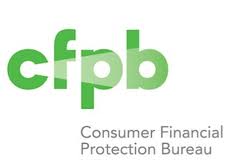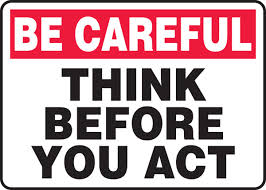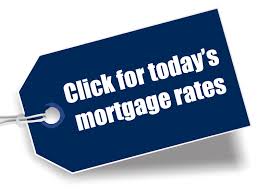Home buyers, especially first time home buyers, commonly fail to understand all the costs involved in buying a home. Everyone understands down payment, so no issues there. But mortgage loan closing costs are a whole different story.
I often hear potential home buyer comment that they thought they had saved enough for a down payment, only to be blind sided with mortgage loan closing costs.
WHAT ARE MORTGAGE CLOSING COSTS?
All mortgage loans have closing costs. They include appraisal, credit report, state taxes, title company fees, loan origination fees, state deed taxes, and more. You also have what is known as pre-paid items, which include pro-rated property taxes on the house you are buying, and paying for the first years home owners insurance up-front.
Actual closing costs and pre-paid items can easily range from about 2% to 8% of the sale price of a home, depending on where you live, and the purchase price of the home.
Your Loan Officer will provide you with a detailed estimate of these closing costs based on the actual home once you pick it out, and can give you a good ballpark number during your initial loan review.
TIP: Anyone telling you closing costs are always a certain percentage is flat out simply wrong.
HOW TO PAY CLOSING COSTS
Yes, closing costs can really add up. If you were planning on a 10% down payment, this means you really need 12% to 18% of the purchase price of the home. Yikes.
The good news is, the mortgage industry understands this, and allows you to pay closing costs multiple ways.
Option 1) Pay cash out of pocket. Always the best move, but incredibly burdensome for most home buyer.
Option 2) Seller paid closing costs. You simply ask the seller to pay your closing costs for you when making your offer. Depending on the loan program you are using, the seller can pay between 2% and 6% of the purchase price in closing costs on your behalf. While this sounds free, because the ‘seller’ is paying them for you, the reality is the seller isn’t paying anything. Rather, this is a method of you rolling the closing costs into the loan itself.
For example, the seller is asking $200,000 for the home. You offer $200,000 – but also ask the seller to pay $6,000 of your closing costs. If the seller agrees, many people think they just got free money. The reality is the seller has accepted $194,000 in their pocket. So you could have bought the house for $194,000, and paid your own closing costs. Instead you are buying the house for $200,000, and paying closing costs over time, versus out-of-pocket today.
It is a little more obvious to buyers that they are paying over time, when the same seller who wanted $200,000 refuses to budge, but you need closing costs rolled in to lessen your out-of-pocket burden. In this case, you’d restructure your offer to $206,000, and have the seller pay the $6,000 of closing costs. The seller gets what they wanted, and you rolled closing costs into the loan, again paying over time instead of out-of-pocket today.
Option 3) Lender Paid Closing Costs (also known as Lender Credits). Under this option, the lender will reduce your actual real closing costs by increasing your interest rate. You can choose to increase your interest rate a tiny amount, for a tiny reduction in closing costs, all the way to completely eliminating all of your closing costs with a much higher interest rate.
This isn’t a good or bad option, rather it is a depends option. How much reduction do you need? Do you have all the closing costs money today? How much higher will the payment be? How long will you live in the home?
TIP: ALL LENDERS HAVE ESSENTIALLY THE SAME TRUE CLOSING COSTS. When shopping lenders, many people will receive a closing cost quote lower than someone else, giving the illusion of a better deal. Many banks and lenders claims things like they give free appraisals, or never charge loan origination fees. No closing cost loans were all the rage a few years ago.
Little do many people realize that all these lenders are doing is increasing your loans interest rate to cover these items, but not telling you they are doing it. They don’t work for free, and someone has to pay the appraiser. This lower closing cost ploy makes unsuspecting home buyers potentially pick a lender based on a perceived better deal, when in fact, it isn’t. You pay, you always pay. How do you choose to pay? Lower rate = higher costs. Higher costs = lower rates.
Option 4) Any Combination. This is actually the most common way people pay closing costs. Many ask the seller to pay some, maybe increase the rate 1/8 or 1/4% to pay some, and maybe a little bit out-of-pocket to pay the rest.

CLOSING COSTS – THE BOTTOM LINE
It is very common for many home buyers through these options, to completely eliminate closing costs as an out-of-pocket expense, leaving them with just needing their down payment to buy the house.
So don’t ever let the fear of closing costs keep you from buying your dream home.


 Not everyone realizes how long the process takes, but this is good information to understand when setting proper expectations for closing dates.
Not everyone realizes how long the process takes, but this is good information to understand when setting proper expectations for closing dates.











